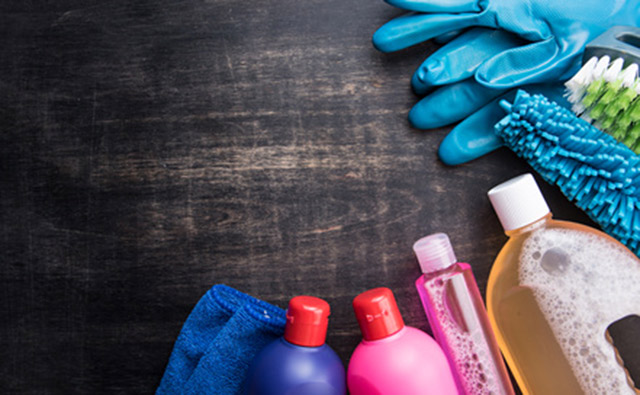A common household ingredient is linked to antibiotic resistance, according to research from University of Birmingham and Norwich Research Park.
Triclosan is a chemical found in some common household products. Recently, the FDA asked manufacturers to get rid of triclosan in antibacterial soaps.
In 2016, the FDA released a statement showing that antibacterial soaps are no more effective than regular soap.
The new study found that bacteria that mutated to become more resistant to quinolone antibiotics also became more resistant to triclosan.
Corresponding author Dr Mark Webber, from the Quadram Institute and Honorary Senior Lecturer at the University of Birmingham, said: “We think that bacteria are tricked into thinking they are always under attack and are then primed to deal with other threats including triclosan.
“The worry is that this might happen in reverse and triclosan exposure might encourage growth of antibiotic resistant strains.
“We found this can happen in E. coli. As we run out of effective drugs, understanding how antibiotic resistance can happen and under what conditions is crucial to stopping selection of more resistant bacteria.”
Co-author Professor Laura Piddock, of the Institute of Microbiology and Infection at the University of Birmingham, said: “The link between quinolone and triclosan resistance is important as triclosan has become ubiquitous in the environment and even human tissues in the last 20 years.”
“Given the prevalence of triclosan and other antimicrobials in the environment, a greater understanding of the impact they can have on bacteria and how exposure to these antimicrobials may impact the selection and spread of clinically relevant antibiotic resistance is needed.”
Professor Tony Maxwell, from the John Innes Centre, said: “This work shows the power of combining the expertise from the different teams working in Norwich and Birmingham to achieve a better understanding of the mechanisms of antimicrobial resistance, which is a serious and increasing problem in the UK and elsewhere.”
The study showing that a common household ingredient is linked to antibiotic resistance was published in the Journal of Antimicrobial Chemotherapy
Note: None of the information in our website is intended to diagnose, treat, cure or prevent any illness or disease. The content on our website is for educational purposes only.
DON’T FORGET to sign up for our weekly newsletter to get our latest articles, updates, free recipes and giveaways.
FDA has banned antibacterial chemicals from soaps.
Antibacterial soaps endangering health workers.
Antibacterial soaps pose potential risks to pregnant women and fetuses.
REFERENCES:
1. “New Study Links Antibiotic Resistance to Common Household Disinfectant Triclosan.” University of Birmingham. University of Birmingham, n.d. Web. 04 July 2017.
2. “Quinolone-resistant Gyrase Mutants Demonstrate Decreased Susceptibility to Triclosan.” Journal of Antimicrobial Chemotherapy. Oxford University Press, 03 July 2017. Web. 04 July 2017.

















